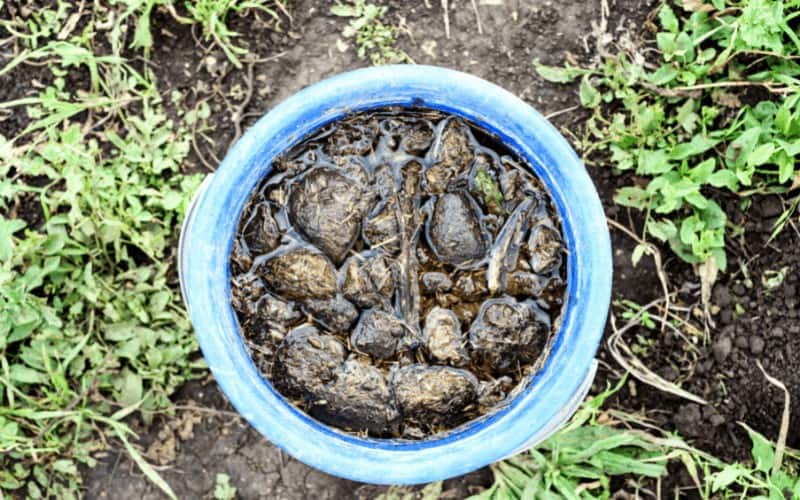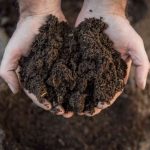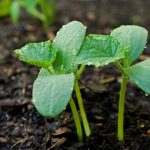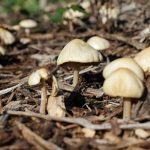If you've been thinking of using compost tea on your plants, you need to first consider the various disadvantages of compost tea before making that decision.
To avoid contaminating your plants, when it comes to the nutrients they need to consume for their growth, it is best to weigh the pros and cons of the recommended materials.
So what if you are left with too many suggestions on the internet amongst which is compost tea but you still can't choose what to settle for?
While a good number of people would advise you to trust your instinct at some point, you need to consider the number of plants you stand losing if you should make any mistake and you sure don't want to make an irreversible one.
Table of Contents
What Is Compost Tea?
In simple terms, compost tea is a combination of different nutrients and oxygen-loving (aerobic) bacteria, nematodes, fungi, and other microbes that live in finished compost.
Separating these organisms from compost takes a lot of time, and this is why compost tea is usually formulated by soaking compost in water for a day or more.
What Are the Benefits of Compost Tea?
One of the most notable benefits of compost tea is that it helps to dilute the nutrients to make them pretty much easier for plants to use quickly.
Aside from that, compost tea also lessens the chances of harm that might come from synthetic preparations, ensuring organic feeding. And finally, it may equally help to protect the plants from some diseases and pests.
Disadvantages of Compost Tea

Though compost tea can be beneficial for plants, it has its disadvantages. Now, let’s look at the disadvantages of compost tea.
1. Inconsistency in production
Other than materials needed for compost tea which includes; compost, water, food materials, and the necessary ‘equipment.’
There are other variables that must be in place to get a better result or the same result as the last but due to inconsistency in production, brewers are in most cases incapable of producing the same recipe, making each product different from the last batch.
2. Inconsistency in result
Because plants are used for the compost tea and the fact that no two plants are the same; yes decaying and other things separate them.
It becomes difficult to get the same result and this affects the plants after applying the compost tea on them.
3. No scientific proof
There have not been clear scientific results on how best to produce a good and stable compost tea.
So many peoples rely on the best results people have claimed to encounter after series of failed attempts and oftentimes they incapable of getting the same result as claimed.
4. Time-consuming
The processes involved in making compost tea can be stressful, from making sure to get the ‘best' compost to brewing the compost tea. These costs times and can be discouraging.
5. Lack of durability
Leaving your compost tea for later use might be a bad idea. It cannot be stored because the available oxygen would be used up and the compost tea becomes harmful to the plant.
So imagine leaving a large amount of compost tea for later use.
Note: You can store your compost tea for some days in the fridge. But what happens when you do not have a fridge?
If the compost tea is not fully decomposed, then it becomes harmful to your plant.
The number of days it is required to dilute can be disturbing at times, especially for people that need to use compost tea ASAP.
It would cost you more money and stress if you do not see tangible results.
6. Pathogenic increase
Due to inconsistency in compost materials. The organisms that have been considered helpful in the other tea would not be experienced in the other, which would increase pathogens.
The impact of pathogens on the plant cannot be stressed enough because it would leave the plants you painstakingly raised on the verge of dying.
7. The difference in content and microbe content
In most cases, you have no way of knowing the microbes you are growing for your plant and at processing It, you might be growing harmful microbes like ‘salmonella' and ‘E.coli.’
Not all microbes are for humans. And as this affects plants it affects you too.
More so, the contents would vary from water, carbon to the decaying organic material, these might be good sources of macro and microorganisms but they can be harmful if the content varies.
The quality of animal manure varies too and this amounts to the quality of compost tea, in other words, the quality of a compost tea is dependent on these materials, a slight change in one affects the compost tea.
8. The Foul odor
Because of the varieties of mixtures contained in compost tea, it has a foul smell that might be harmful to the farmer especially if allergic to unusual odor, this might lead to nasal provocation.
While it would be advisable to wear a mask, you wouldn’t want to suffocate wearing the mask throughout the process.
Related Articles:
Conclusions
Putting its benefits into consideration the compost tea might be recommended by many. However, it also has its disadvantages.
It might be beneficial for one and a no-no! For another due to climate, soil type, and other relatable circumstances.
Hopefully, now that you know the disadvantages of compost tea, using a compost tea regardless is totally up to you but you might reconsider especially if you are not equal to the task of its possible side effects.




